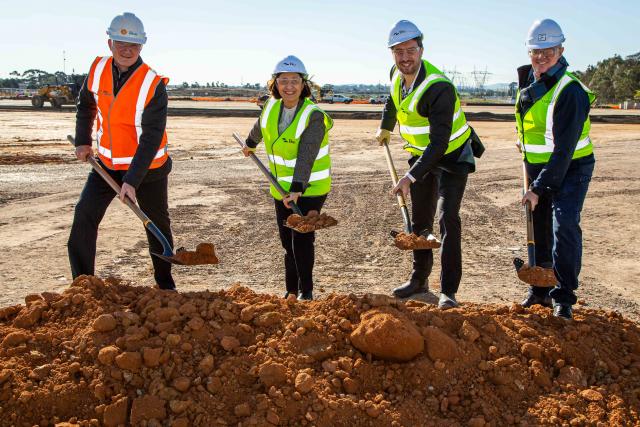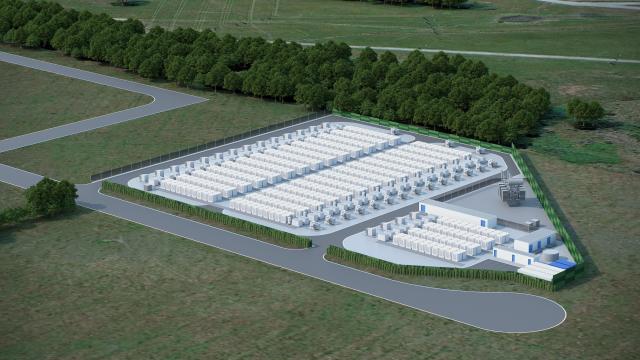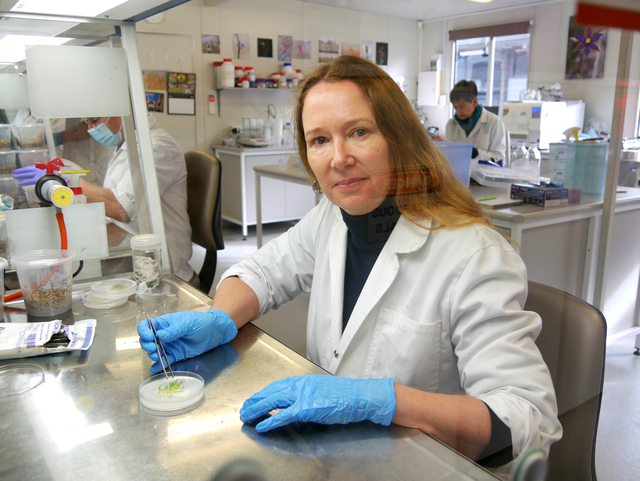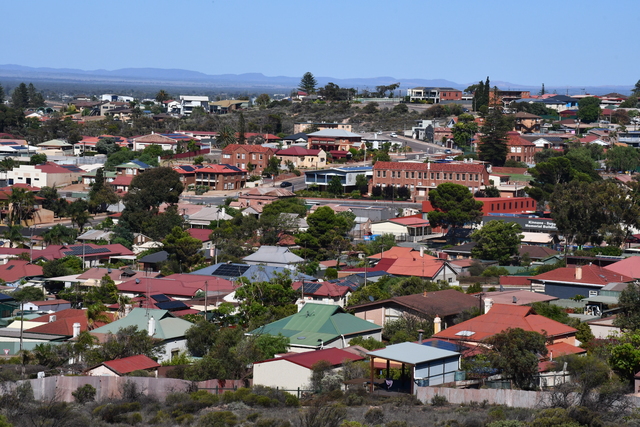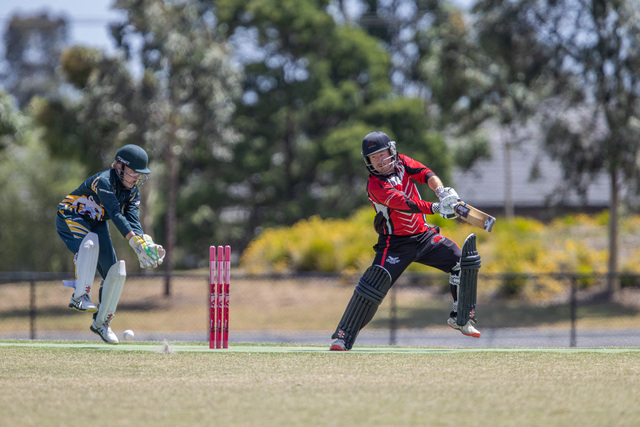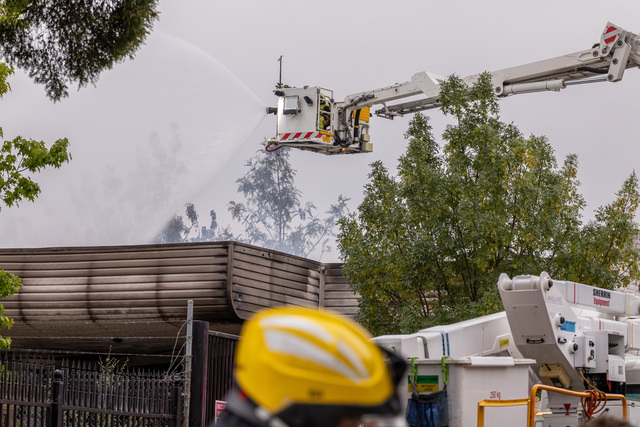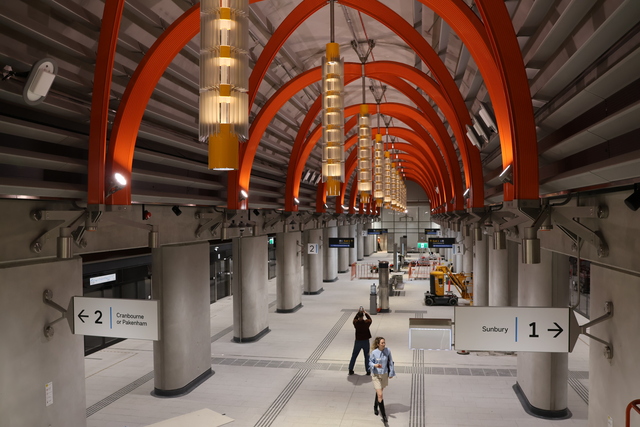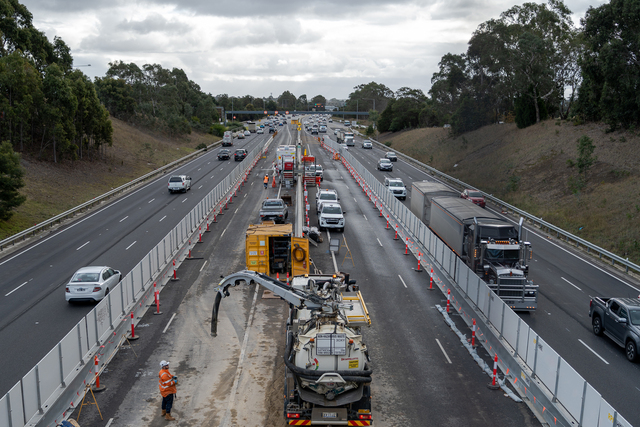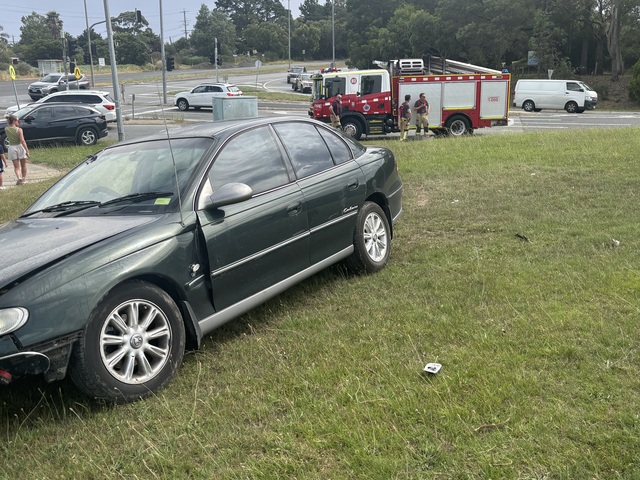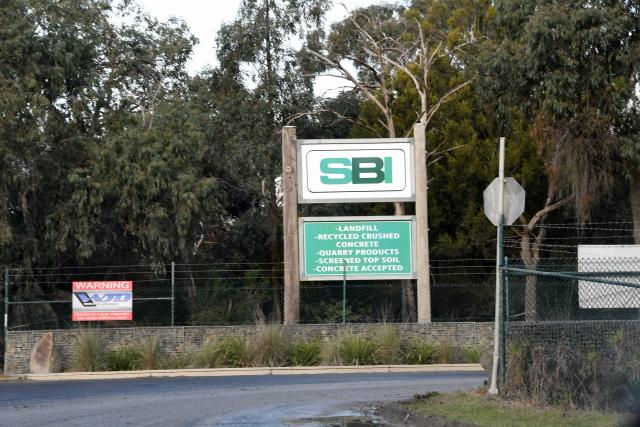Energy companies have taken another step towards a lower-emissions future for Australia in Cranbourne West.
On Thursday 27 July, Energy and Resources Minister Lily D’Ambrosio visited the Cranbourne West site to officially mark the start of pre-construction activities for the Rangebank Battery Energy Storage System (BESS).
Situated within the Rangebank Business Park in Melbourne’s South East, the Rangebank BESS would provide 200MW/400MWh capacity of reliable and flexible energy to Victorians upon completion in late 2024. When fully operational, the Rangebank BESS would have enough storage capacity to power 80,000 homes for an hour during peak periods, equivalent to providing five hours of energy to all 31,000 households in Cranbourne.
Jointly developed by Eku Energy and Shell Energy with minority equity partner Perfection Private and built, serviced, and maintained by energy storage product provider Fluence, the grid-scale battery would be connected to Victoria’s transmission network at the Cranbourne Terminal Station.
Ms D’Ambrosio said batteries of this scale were essential in the State Government’s action towards lowering emissions.
“Grid-scale big batteries like this one are crucial in helping Victoria achieve our energy storage targets of at least 2.6 GW of capacity by 2030 and at least 6.3 GW by 2035 to ensure we can deliver the benefits of cheaper, renewable energy across the state,” she said.
Eku Energy Asia Pacific head and chief investment officer Daniel Burrows said the event marked an exciting milestone as the start of the company’s second grid-scale battery under construction in Victoria.
“Eku Energy will continue to apply our deep understanding of electricity markets in delivering important battery storage solutions across the National Electricity Market,” he said.
Shell Energy Australia chief executive Greg Joiner said Shell Energy was proud to help with Melbourne’s action towards a lower-emissions future.
“Grid-scale batteries will play a crucial role in Australia’s energy future as we integrate more renewables into the grid. This is an important milestone for the Rangebank BESS, bringing access to essential firm capacity one step closer for Victorians,” he said.
The start of the project coincided with Ms D’Ambrosio’s announcement of a new $8800 interest free battery loan, which will enable households to maximise output from their solar panels and save thousands on energy bills over the lifetime of the battery.
The loans are repayable over four years – and in some cases, will reduce upfront installation costs to zero. Solar Homes customers with both solar and a battery save around $1,500 on their energy bills each year, with an average return on investment period of seven to ten years.
The battery loan is part of the Labor Government’s $1.3 billion Solar Homes Program and will be available to new customers as well as the more than 226,000 Victorian homeowners who have already claimed a rebate to install solar panels.
Ms D’Ambrosio said the loans would help achieve the state’s renewable energy target of 95 per cent by 2035.
“It is vital households transition to running on cheap, reliable, renewable energy,” she said.
“Interest free battery loans will allow more people to take advantage of cheaper renewable energy by significantly reducing upfront costs of installing battery storage.”

